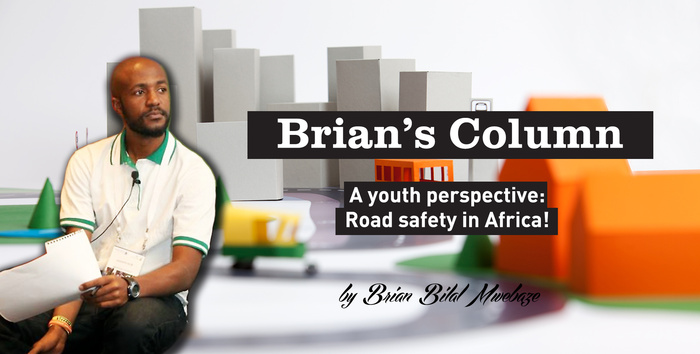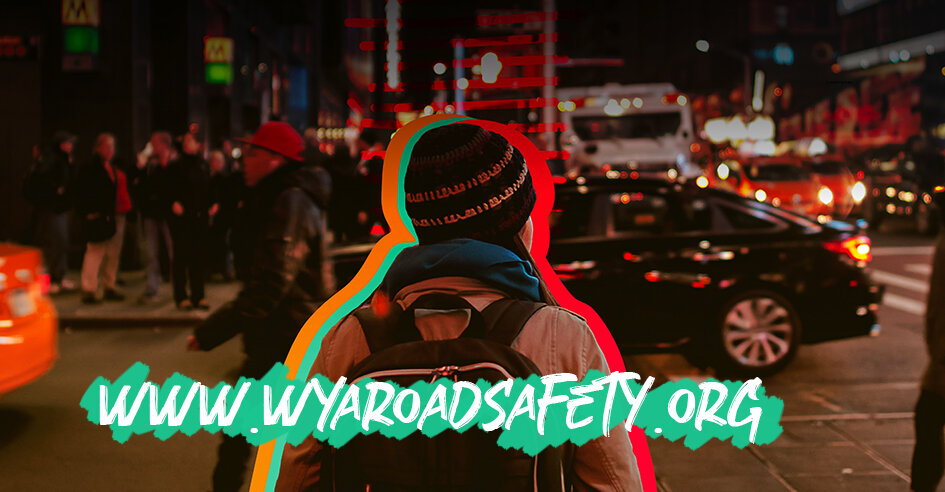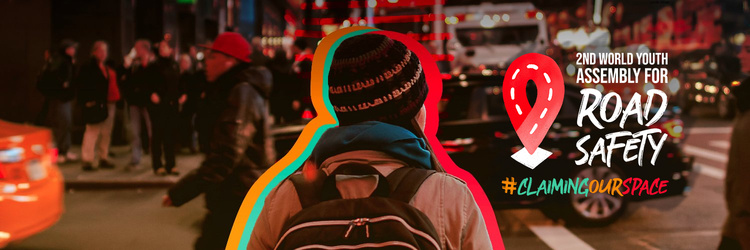
We are delivering a youth workshop in Iceland this month
In conjunction with the Accident Prevention Conference 2019 (Slysavarnir 2019), on Sunday, October 13, a one-day workshop will be held for youth associations focusing on accident prevention in traffic and how the youth of Landsbjörg and other adolescents can be involved in thinking about and handling traffic safety issues.
Traffic Crashes are the leading cause of deaths of young people aged 15-29 worldwide and it is important that young people are self-aware and participate in responding to the road safety crisis facing youth as well as finding solutions. This is the theme of the workshop, which is managed by Manpreet Darroch, our Head of Communications and Lead Facilitator at YOURS – Youth for road safety. The workshop will be conducted in the signature YOURS style and have the following learning objectives:
By the end of the workshop participants will be able to:
- Explain the road safety crisis facing young people globally and in their country.
- Identify a key risk factor in road safety; drink and drug driving and demonstrate new knowledge on the issue.
- Understand peer education for road safety and some of the activities you can start in the Youth Units at Landsbjörg.
“YOURS has run workshops around the world, run campaigns, and has tremendous experience leading youth work in traffic safety”, Jónas Guðmundsson, Project Manager for Accident Prevention at Landsbjörg.
Around twenty young people people will be attending the workshop this time. Many of the youth departments at Landsbjörg will send their representatives; the goal of the accident prevention company Landsbjörg is that this is the beginning of a nationwide youth safety project.
The workshop will take place in Gróubúð, the premises of Ársæl on Grandi. 9am and lasts until 5pm.














